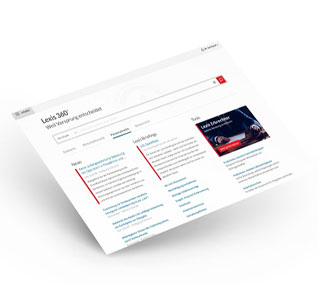During the last decades, it became more and more salient that comparative legal reasoning is not only a scholarly exercise, but also conducted by constitutional courts all across the world, hence deserving continuous academic attention.1 Guiseppe Franco Ferrari’s edited volume sheds light on the practice of constitutional courts using legal comparison in their respective adjudication. In an extended introduction (1–26), Ferrari explores judicial constitutional comparison and its varieties. Firstly, the growth of constitutional comparison is retraced by placing the book in the plethora of existing literature2 and by juxtaposing the development in the United States and Europe, including the spillover from Western to Eastern Europe from the mid-1990s onwards. Secondly, Ferrari provides explanations for the resort to foreign material: i) the growth in the number of legal systems and in written and entrenched constitutions, ii) a qualitative transformation of constitutionalism with fundamental rights as its leitmotiv, iii) networks between judges, and iv) increased accessibility of academic and jurisprudential sources. In the third and fourth part of the introduction, several taxonomies on how to classify legal systems are being perused.3 Fifthly, there follows

